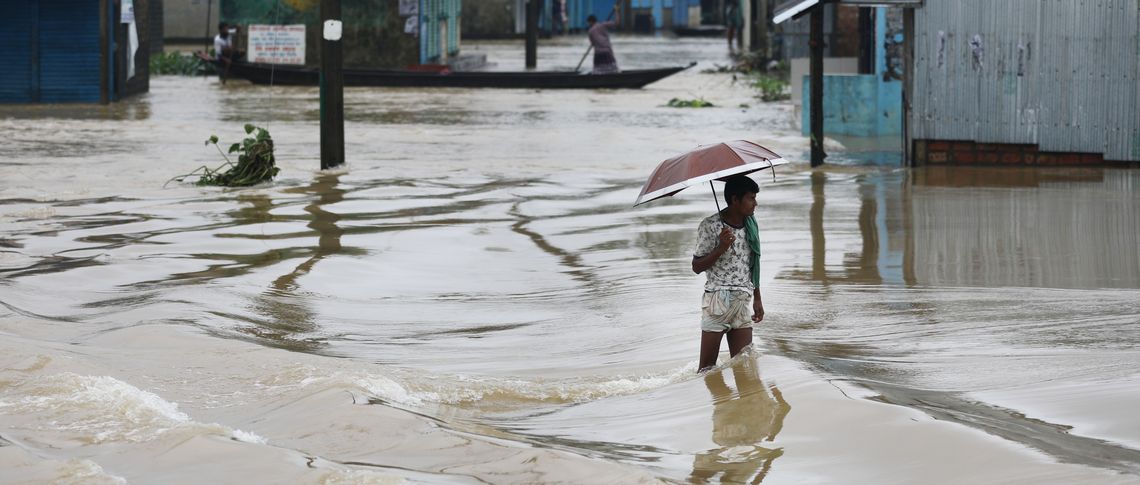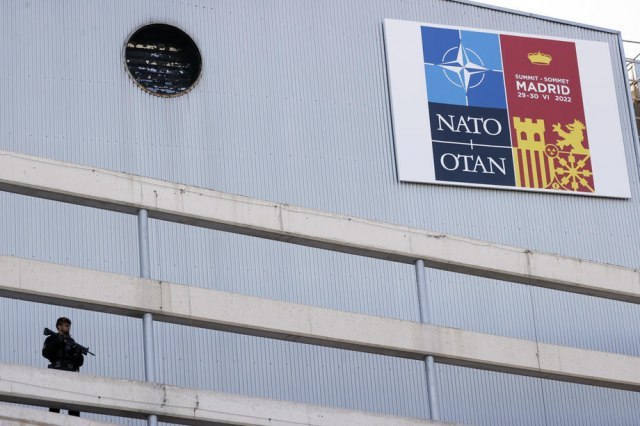
© Getty Images
By Jason Goodyer
Published: 04th July, 2022 at 11:44
Human clinical trials are set to begin on the drug within a year.
Funnel web spiders are one of the deadliest spiders in the world. A bite from one can cause nausea, vomiting, headache, high blood pressure and, in more serious cases, fluid in the lungs, unconsciousness and even death.
However, it turns out that a molecule found in this deadly venom could potentially be used to prevent damage caused by heart attacks and strokes, a team based at the University of Queensland, Australia, have found.
The compound, named IB001, was isolated from the venom of the K’gari funnel-web spider, Hadronyche infensa, in a previous study. The local Butchulla people call it mudjar nhiling guran, or 'long-toothed spider', thanks to its large, intimidating fangs.
In a further study carried out last year by UQ’s Professor Glenn King and Dr Nathan Palpant, IB0001 was seen to prevent cell death caused by loss of oxygen to the heart and brain during heart attacks and stroke.
The team now plan to begin human clinical trials of the drug within a year after receiving an investment of 23 million Australian dollars. They also hope to raise another round of funding to work on the development of drugs to extend the life of donor hearts used in organ transplants.
It could prove to be especially important as there are currently no drugs in use that can prevent the damage caused by heart attacks, the researchers say.
After a heart attack, blood flow to the heart is reduced, resulting in a lack of oxygen being supplied to heart tissue. This causes the environment to become acidic and eventually leads to death of heart cells.
“The heart can’t regenerate muscle cells that die during a heart attack, which is why these injuries cause permanent damage and can lead to heart failure, disability and reduced quality of life,” said lead researcher Dr Mark Smythe, a research fellow at UQ.
“IB001 blocks the signals that causes heart cells to die, and when given immediately to heart attack victims could reduce damage to the heart and significantly improve outcomes for people with heart disease, particularly in rural and remote regions.”
“This is a game-changing technology that could have world-wide impacts and is being developed and funded right here in Australia."







